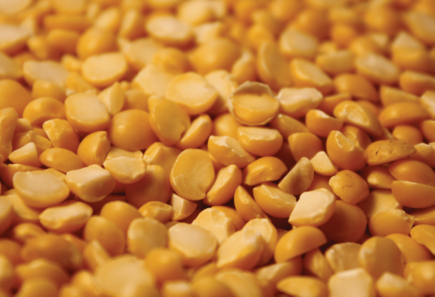
Aggregating data for alternative seafood
Claire Bomkamp, PhDUse our open-access databases to explore how scientific taxonomies and evolutionary relationships map onto culinary categories of seafood.

Use our open-access databases to explore how scientific taxonomies and evolutionary relationships map onto culinary categories of seafood.

Limited access to cell lines is a significant challenge for cultivated meat research. GFI is working to expand access and support the development of new cell lines.

Use this directory to find co-manufacturers, co-packers, private labelers, and contract manufacturing consultants for alt proteins.

This international scientific conference will present the latest research insights and findings related to plant-based protein production.

The fourth and final program of the series will highlight the potential and the challenges of cell-based approaches to meat and fish alternatives from experts in the field and industry.

This webinar will explore the key characteristics of plant protein sources for alternative protein end products.

Join Dr. David Block, Professor at the University of California, Davis, on February 24th for a review of his GFI-funded research project on the application of optimization tools to achieve low-cost cultivated meat production.

HJC is Japan's largest exhibition for hospitality, foodservice, and catering. The expo will take place in February 16-19, 2021 at Tokyo Big Sight, Tokyo. HJC 2021 will feature a Natural Food Products exhibition zone with plant-based companies presenting.
Plant-based food manufacturers often struggle with batch-to-batch ingredient inconsistency and variability between suppliers. Better analytical tools for predicting plant-based ingredient performance could improve manufacturing efficiency and create more transparent ingredient markets. Tools are needed to predict how ingredients will perform after various processing methods and in end-product applications like plant-based meat and dairy.
Processing crops into flours, isolates, and concentrates often relies on chemical and mechanical methods. Biological processing techniques may impart the desired composition and molecular structure for optimal functionality with increased precision, lower cost, and greater suitability for small-scale processing. Biological processing techniques include using enzymes to fine-tune functional properties like solubility, gelling capacity, and fat- and water-binding capacity or using microbial fermentation to convert plant protein feedstocks into more functional forms.